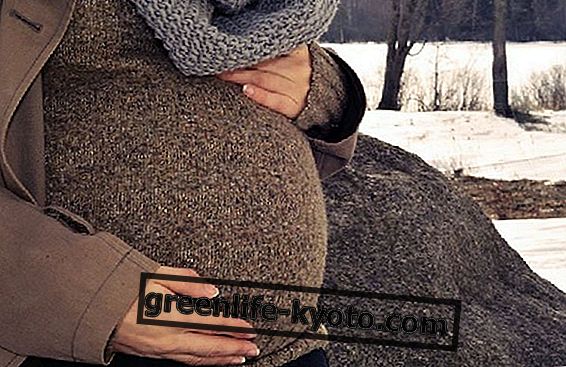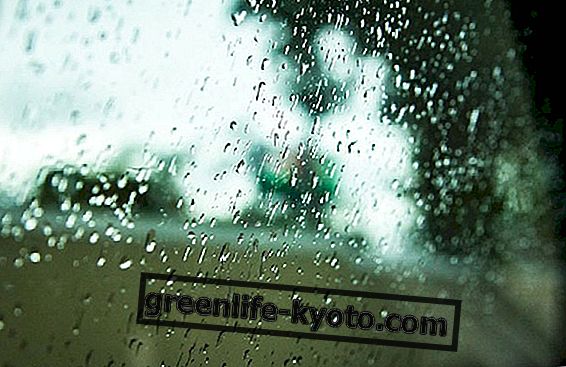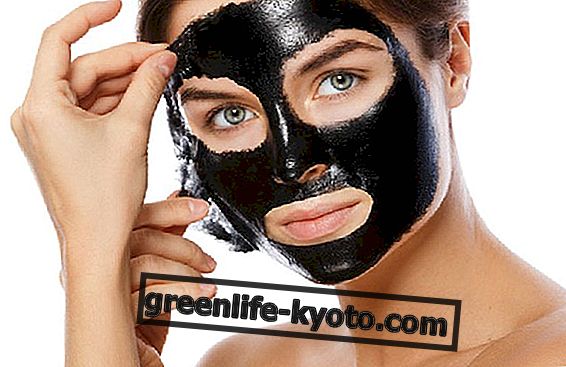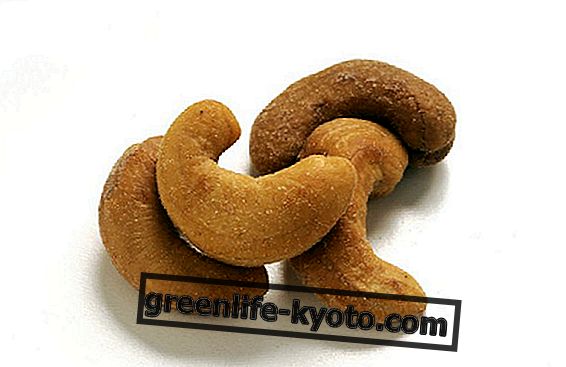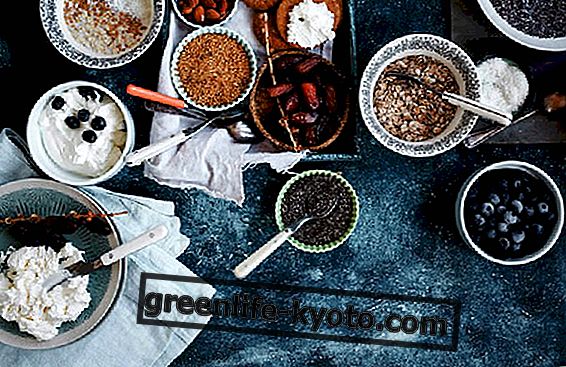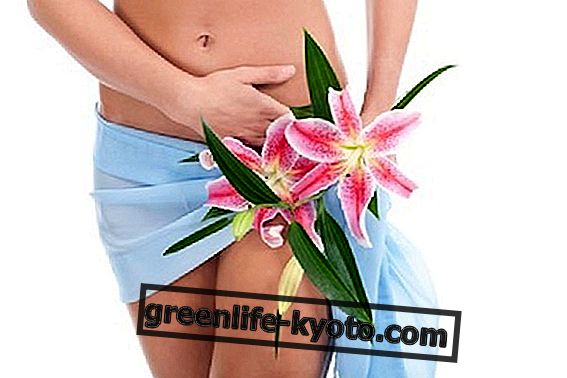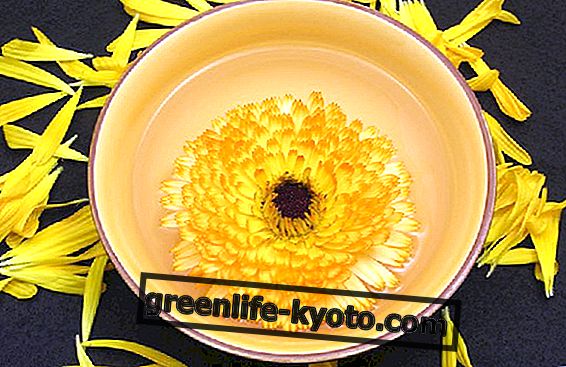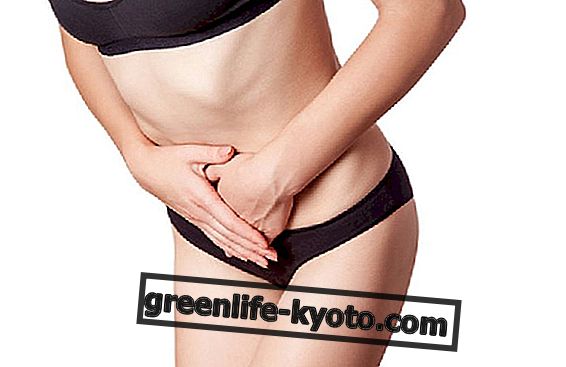
Cystitis is an infection of bacterial origin that involves the lower urinary tract : among urinary infections, cystitis is the most common .
And in most cases it is an acute sporadic infection, but in about 25% of cases cystitis is recurrent. Recurrences are generally caused by reinfections often due to an individual predisposition and do not evolve chronically.
Acute infection is very common among young sexually active women and less so in men: the reasons are anatomical, as the shorter urethra in the woman facilitates the bacterial spread inside the bladder.
Infection is also favored, in women, by microtraumas caused by sexual intercourse and by the use of diaphragms and spermicides.
Cystitis can be asymptomatic or present various symptoms including frequent need or difficulty in urinating, cloudy or foul-smelling urine, presence of blood in the urine, burning during urination.
Read also Ayurveda for cystitis >>
Dietary rules and diet to fight cystitis
Through food control, the goal is to avoid foods and drinks that can irritate the bladder, trying to promote healing in case of cystitis.
Among the foods that do not seem to worsen the symptoms of the infection and therefore do not slow down the healing process, we find most of the vegetables (in particular broccoli, cauliflower, spinach, fennel, carrots and lettuce ), various fruits including blueberries, currants, pears, kiwi, and some types of nuts including pine nuts, cashews and almonds .
Among the cereals, go ahead for rice, pasta and white bread; the protein sources to be preferred are legumes, fish, white meats and fresh cheeses .
In case of infection it is advised to take at least two liters of liquids a day as usual: drinking mineral water and bearberry and mallow infusions can be a valid aid against cystitis.
The foods to avoid in case of cystitis
In case of cystitis it is advisable to avoid all foods that can irritate or tire the bladder: especially packaged foods, industrial sauces, desserts, canned, dried, smoked or stuffed meats, seasoned cheeses, saturated fats (butter and margarine), fatty or fried foods.
Attention also to spices, especially spicy ones, and to sugary drinks, coffee, tea and alcohol. Among the fruits, it is better not to consume bananas, apples, citrus fruits, avocados, apricots, baits, plums, nanas and strawberries; vegetables and legumes to avoid are Lima beans, broad beans and soy
Example of a daily diet against cystitis
Breakfast
> 125 ml of rice milk
> 3-4 dry biscuits or 3 biscuits with blueberry jam or 30 grams of breakfast cereals
> 1 fruit
Snack
> 8 cashews and a fruit
Lunch
> 80 grams of boiled rice seasoned with about 100 grams of steamed pumpkin and 40 grams of boiled chickpeas
Procedure : put the pumpkin and chickpeas in a pan with a tablespoon of extra virgin olive oil and a clove of garlic before adding them to the rice.
Snack
> 1 cup of mallow infusion and a fruit.
Dinner
> 1 dish of minestrone prepared with mixed vegetables to which to add 60 grams of pasta.
